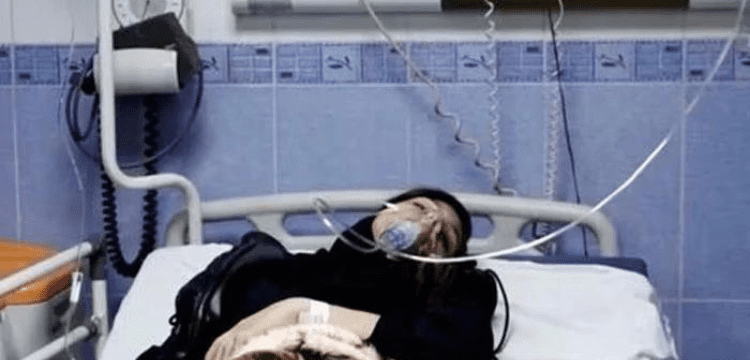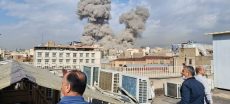[vc_row][vc_column][vc_column_text dp_text_size=”size-4″]According to Iranian news agencies and social media footage, worried parents protested on Saturday in Tehran, the country’s capital, and other towns in response to a wave of suspected poison attacks that have afflicted schoolgirls in dozens of schools.
Several schoolgirls have been stricken by the ailments in recent months, which have not yet been diagnosed. Iranian authorities have placed the blame on Tehran’s adversaries and think the girls may have been poisoned.
The kids were subjected to “moderate poison” attacks, according to the nation’s health minister, and some legislators have hypothesised that radical Muslim organisations opposed to girls’ education may have targeted the youngsters.
Investigators had discovered “suspect samples,” according to Iran’s interior minister, who claimed they were being examined.
“Suspicious samples have been identified in field studies, which are being researched… to establish the causes of the student’s illness, and the results will be published as soon as possible,” the minister, Abdolreza Rahmani Fazli, said in a statement carried by the official news agency IRNA.
More than 30 schools were closed on Saturday due to illness in at least 10 of Iran’s 31 provinces. Social media videos showed parents lining up at schools to pick up their kids and some pupils being transported to hospitals by ambulance or buses.
According to a video confirmed by Reuters, a protest by parents outside the Education Ministry in western Tehran on Saturday in response to the sicknesses devolved into an anti-government march.
Also Read: Iranians are alarmed about a wave of poison attacks on schoolgirls.
Protesters shouted, “Basij, Guards, you are our Daesh,” equating the Revolutionary Guards with the terrorist group.
Unverified films claim that similar demonstrations also took place in Isfahan, Rasht, and two other areas of Iran.
For Iran’s clerical rulers, who have been dealing with months of anti-government rallies brought on by the death of a young Iranian woman while in the care of the morality police who strictly enforce dress standards, the epidemic of schoolgirl illness comes at a crucial time.
In recent days, social media posts have featured images and videos of girls who are ill, feeling queasy, or having heart palpitations. Others expressed headache complaints.
Reuters was unable to confirm the posts.
Germany and the United States have expressed concern, and the United Nations human rights office in Geneva has urged for a transparent inquiry into the alleged attacks.
Iran condemned what it perceives as foreign involvement and “hasty reactions” and said on Friday it was probing the reasons of the occurrences.
Nasser Kanaani, a spokesman for the foreign ministry, told state media that the Iranian government’s top priority right now is to investigate this matter as soon as possible and give evidence to allay the families’ fears and hold those responsible accountable.
Schoolgirls participated actively in the anti-government demonstrations that got underway in September. They have destroyed images of the Supreme Leader, Ayatollah Ali Khamenei, called for his execution, and removed their required headscarves in class.[/vc_column_text][/vc_column][/vc_row]











